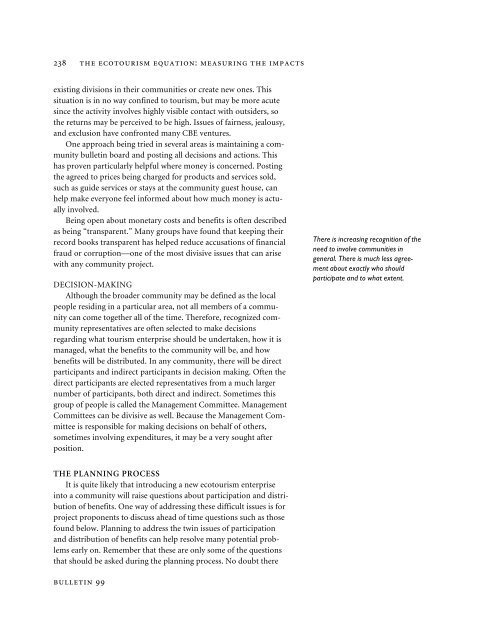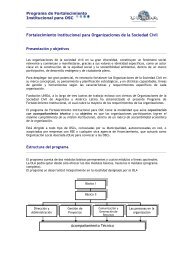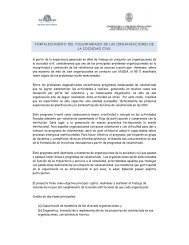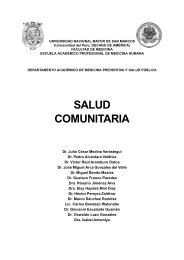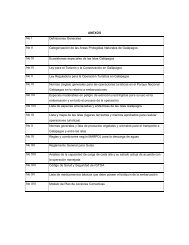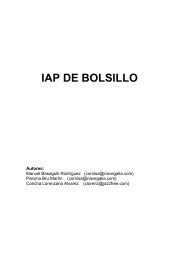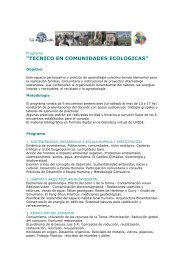Community-Based Ecotourism Development - Yale University
Community-Based Ecotourism Development - Yale University
Community-Based Ecotourism Development - Yale University
Create successful ePaper yourself
Turn your PDF publications into a flip-book with our unique Google optimized e-Paper software.
238 THE ECOTOURISM EQUATION: MEASURING THE IMPACTS<br />
existing divisions in their communities or create new ones. This<br />
situation is in no way confined to tourism, but may be more acute<br />
since the activity involves highly visible contact with outsiders, so<br />
the returns may be perceived to be high. Issues of fairness, jealousy,<br />
and exclusion have confronted many CBE ventures.<br />
One approach being tried in several areas is maintaining a community<br />
bulletin board and posting all decisions and actions. This<br />
has proven particularly helpful where money is concerned. Posting<br />
the agreed to prices being charged for products and services sold,<br />
such as guide services or stays at the community guest house, can<br />
help make everyone feel informed about how much money is actually<br />
involved.<br />
Being open about monetary costs and benefits is often described<br />
as being “transparent.” Many groups have found that keeping their<br />
record books transparent has helped reduce accusations of financial<br />
fraud or corruption—one of the most divisive issues that can arise<br />
with any community project.<br />
DECISION-MAKING<br />
Although the broader community may be defined as the local<br />
people residing in a particular area, not all members of a community<br />
can come together all of the time. Therefore, recognized community<br />
representatives are often selected to make decisions<br />
regarding what tourism enterprise should be undertaken, how it is<br />
managed, what the benefits to the community will be, and how<br />
benefits will be distributed. In any community, there will be direct<br />
participants and indirect participants in decision making. Often the<br />
direct participants are elected representatives from a much larger<br />
number of participants, both direct and indirect. Sometimes this<br />
group of people is called the Management Committee. Management<br />
Committees can be divisive as well. Because the Management Committee<br />
is responsible for making decisions on behalf of others,<br />
sometimes involving expenditures, it may be a very sought after<br />
position.<br />
There is increasing recognition of the<br />
need to involve communities in<br />
general. There is much less agreement<br />
about exactly who should<br />
participate and to what extent.<br />
THE PLANNING PROCESS<br />
It is quite likely that introducing a new ecotourism enterprise<br />
into a community will raise questions about participation and distribution<br />
of benefits. One way of addressing these difficult issues is for<br />
project proponents to discuss ahead of time questions such as those<br />
found below. Planning to address the twin issues of participation<br />
and distribution of benefits can help resolve many potential problems<br />
early on. Remember that these are only some of the questions<br />
that should be asked during the planning process. No doubt there<br />
BULLETIN 99


